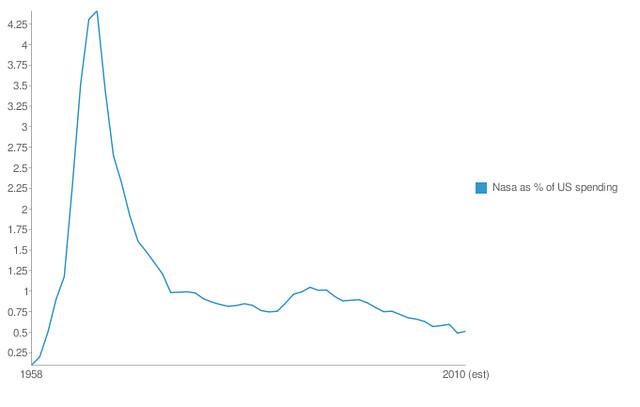NASA’s 2026 Budget Proposal: A Critical Examination of Funding Cuts
In a pivotal development for the United States’ space exploration strategy, NASA’s proposed budget for 2026 indicates a substantial reduction of $6 billion, predominantly affecting scientific programs essential for vital research and innovation. This budgetary adjustment, disclosed in the most recent federal proposal, has sparked alarm among scientists and advocates who caution that reduced funding could significantly impede advancements in crucial domains such as planetary exploration and Earth sciences. As global efforts to investigate outer space escalate, the ramifications of these cuts may resonate throughout the scientific community, igniting discussions about the future trajectory of U.S. space policy and its commitment to scientific inquiry. This article delves into the potential impacts of these budget reductions, their underlying rationale, and responses from stakeholders within the realms of space science and research.
Impact of Budget Cuts on NASA’s Scientific Initiatives
The proposed 2026 budget for NASA has raised significant alarms within scientific circles regarding its potential effects on essential research and exploratory projects. With a notable $6 billion cut primarily aimed at science initiatives, there are growing concerns about NASA’s capacity to conduct pioneering research across various disciplines. Experts warn that slashing funds allocated to areas like planetary science, astrophysics, and Earth sciences could lead to a marked decline in knowledge advancement and technological innovation that have historically driven transformative discoveries.
The fallout from these funding reductions is expected to impact multiple sectors since many researchers depend heavily on NASA’s financial support to advance their work. Some anticipated consequences include:
- Postponed missions: Significant explorations such as lunar landings or Mars sample return missions may face delays that could stall progress for years.
- Workforce reductions: Job losses may occur as projects are scaled back or eliminated altogether, impacting skilled professionals who contribute significantly to research advancements.
- Diminished collaboration: Partnerships with academic institutions and international agencies might decline sharply due to reduced funding availability.
| Affected Area | Potential Outcome |
|---|---|
| Planetary Science | A decrease in explorations leading to fewer discoveries |
| Astrophysics | A reduction in telescope operations affecting observational capabilities |
Long-Term Implications for Space Exploration Initiatives: Expert Insights
The proposed cuts amounting to $6 billion from key science programs have raised serious concerns among experts advocating for continued investment in space exploration. These financial constraints are likely not only detrimental to immediate missions but also threaten long-term objectives related to groundbreaking technological developments within NASA. Analysts argue that such drastic measures risk stagnating scientific progress with effects extending well beyond just one fiscal year. Key areas poised for impact include:
- Celestial Exploration: Projects focused on Mars or Europa may experience significant delays due to lack of resources.
- Astronomical Studies: Funding limitations could hinder our understanding of cosmic phenomena.
- Ecosystem Research: Insufficient resources dedicated to climate studies can restrict our ability to monitor global changes effectively.
Additionally, there is concern over losing talented scientists unable to secure necessary funding which could result in a talent drain affecting not only NASA but also educational institutions across various fields related to aerospace technology development.
Without adequate investment levels maintained many technologies designed specifically for addressing terrestrial challenges might remain underdeveloped.
The following table illustrates projected impacts across several critical fields affected by these budget cuts:
| >Field<< / th >> << th >>Projected Impact<< / th >> << / tr >> << / thead >> << tbody >> << tr >> << td >>Planetary Exploration<< / td > << td >>Delayed missions & stunted research efforts<< / td > << / tr >> << tr>> <<< td >Astronomical Research< >/< td > <<< td >Losses incurred through diminished international collaborations< >/< td > <<< / tr>> <<< tr>> <<< td >Climate Studies< >/< td > <<< td >/ | <<< /tr/> |
|---|
